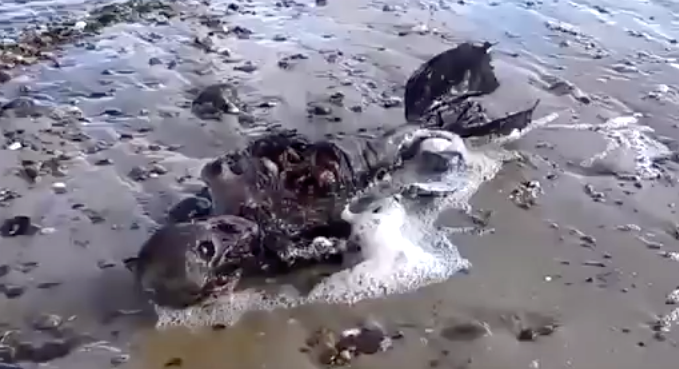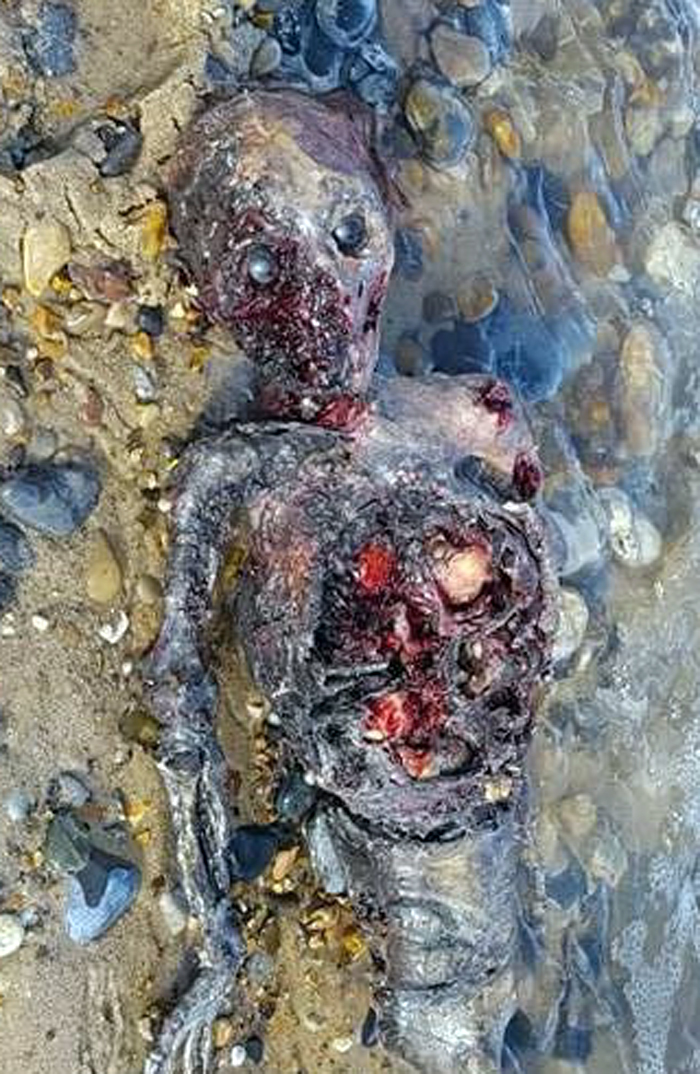

I could say much the same for the Bermuda Triangle meme-our biggest claim to fame-along with the shorts and being a so-called “tax haven” for American politicians. I wouldn’t say I believed in mermaids themselves, but the places and things were realities and part of everyday life. Like lots of coastal/oceanic places, there were plenty of mermaid themes for names of beaches, hotels, houses, apartments, bars, cocktails, businesses, and boats. Q: What has your experience been with mermaid lore? As an islander, did you grow up believing in them?Ī: Nothing special concerning mermaids/merfolk, though they were certainly prevalent in stories I read in books and comics or watched in movies as a kid. Colleagues of mine who do research with rural rhetorics and literacies have made similar observations concerning dominant urban perspectives. I was always very much involved in environmental and conservation activities and how situated such matters are-materially, socially, politically, and so forth-in a local context, but also how vulnerable islands are to global impacts, changes, and policies typically sponsored by a dominant mainland/continental lens. My earliest research on environmental remediation on military bases and later with community literacy, environmental activism, and animal agency involved field and archival research in Bermuda and a number of other islands. So I have a very strong sense of place and identity with Bermuda and island culture. I have returned regularly to be with friends and family. Question: You mention, in the introduction to your article, that your place-based research is frequently informed by “islands, exclaves, and other oceanically or coastally situated locales.” Can you talk a little about this in relation to your island upbringing? (You grew up in Bermuda, is that correct?)Īnswer: Yes, I am a born Bermudian and resided, went to school, and worked on the island (except for the few academic years when I was studying for my bachelor’s degree in Boston) until I emigrated to the U.S. Goggin answered a few more questions about the concept of place and merfolk research our edited interview follows.


MERMAID FINDINGS PROFESSIONAL
Goggin concludes that yes, in fact, mermaids are real, in that “material representations of mermaids do exist in statues, crests, cotton candy, and coffee cups, and ‘real’ mermaids do exist as professional performers at aquariums and water parks, and thus have agency.” He acknowledges that while on the surface, any discussion related to merfolk is strangely situated alongside that of “orthodox” science, the resulting discourse-on imaginative themes and even problem solving via Future Studies-is rich and valuable. In the case of NOAA, the agency uses hedging language: “No evidence … has been found.” Further, the text defers the final say to “historians, philosophers, and anthropologists.”Īs a rhetorician, Goggin takes up this challenge. Goggin dissects the linguistic maneuvering by government agencies to educate while avoiding “spoilers” for these legends (he also discusses the Centers for Disease Control and Prevention (CDC) and its Zombie Preparedness campaign). Part of his thesis is that that an ocean agency’s website might be the exact place to debate the liminal existence of “aquatic humanoids.” While Goggin’s focus in the article is on the rhetorical practices of acknowledging myth and crypto-science in formal scientific settings, his island-centric focus does inform his work. NOAA website titled, “Are Mermaids Real?” One unexpected location: a public explainer text on the U.S. Goggin discusses both physical and virtual places where mermaid mentions abound. ASU Associate Professor of English Peter Goggin explores this and more in his recent article published in Shima journal: “Are Mermaids Real? Rhetorical Discourses and the Science of Merfolk” (2018). Likely, we would be shelling out $4.00 for an iced latte at “Jackalope Coffee” or perhaps, “Goldwater’s.” Of course, there would be no iconic green mermaid logo, but instead: a cactus? A coyote?

We can assume that had Starbucks been founded in Phoenix instead of Seattle, it wouldn’t bear a fictional seafarer’s name. National Oceanic and Atmospheric Administration (NOAA) website Why, then, do they occupy the collective unconscious of nearly all seafaring peoples? That’s a question best left to historians, philosophers, and anthropologists. A Q&A with Peter Goggin But are mermaids real? No evidence of aquatic humanoids has ever been found.


 0 kommentar(er)
0 kommentar(er)
